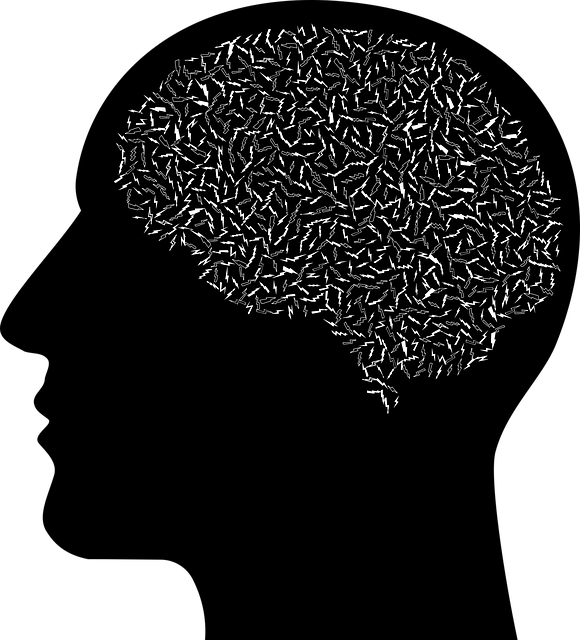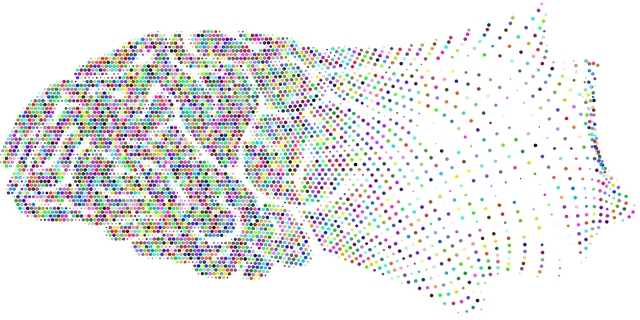Early identification and intervention are key in preventing substance abuse among young children, especially those exhibiting psychosis. Tailored therapeutic approaches like play therapy and family-focused therapy can help develop coping strategies and promote long-term mental health. Mental Health Policy Analysis advocates for accessible resources and services, while prevention programs educate young minds about substance misuse risks. Effective interventions include family counseling, peer groups, and specialized services, with a focus on fostering support networks within the profession. Early therapy significantly improves outcomes by addressing underlying mental illness and teaching healthy coping mechanisms, reducing the likelihood of future substance abuse.
Substance abuse among children and adolescents is a growing concern, with early intervention crucial for positive outcomes. This article explores comprehensive risk reduction strategies tailored for young individuals. We delve into identifying subtle signs and risk factors, emphasizing the importance of early detection. Effective therapeutic models for psychosis in children are highlighted, alongside prevention and support systems. Furthermore, long-term management techniques foster resilient coping mechanisms, offering a holistic approach to addressing this complex issue.
- Identifying Early Signs and Risk Factors for Substance Abuse in Young Children
- Therapeutic Approaches: Effective Therapy Models for Psychosis in Children
- Comprehensive Strategies: Prevention, Intervention, and Support Systems
- Long-term Management and Recovery: Nurturing Resilient Coping Mechanisms
Identifying Early Signs and Risk Factors for Substance Abuse in Young Children

Identifying early signs and risk factors for substance abuse in young children is crucial to implementing effective risk reduction strategies. Parents and caregivers must be vigilant for subtle changes in behavior, such as increased irritability, withdrawal from social activities, or sudden drops in academic performance. These red flags may indicate underlying mental health concerns, including psychosis, which can be early indicators of substance abuse vulnerability. Early intervention is key; seeking therapy for young children exhibiting these signs can prevent the progression to more severe issues.
Mental Health Policy Analysis and Advocacy play a vital role in ensuring that resources and services are accessible to families at risk. Promoting emotional well-being through techniques like Anxiety Relief and Emotional Well-being Promotion can equip children with coping mechanisms, enhancing their resilience against substance abuse. By addressing these issues proactively, communities can foster healthier development and reduce the likelihood of future substance misuse.
Therapeutic Approaches: Effective Therapy Models for Psychosis in Children

Early intervention is key when it comes to addressing psychosis in young children. Therapeutic approaches tailored for this age group focus on developing coping strategies and enhancing social skills. Play therapy, for instance, can help children express their feelings and thoughts, while family-focused therapy involves parents in treatment plans, fostering a supportive environment at home. These models not only aim to reduce symptoms but also promote better self-care routine development for long-term mental health.
Mental health professionals play a crucial role in risk assessment, ensuring early detection and appropriate care. By integrating evidence-based practices, therapists can guide young individuals towards understanding their condition and developing resilience. Mental health awareness is paramount in this process, empowering both children and their families to navigate the challenges of psychosis effectively.
Comprehensive Strategies: Prevention, Intervention, and Support Systems

Comprehensive strategies to reduce risks associated with substance abuse involve a multi-faceted approach that begins early and extends through all stages of life. Prevention programs, tailored for schools and communities, play a crucial role in mental health awareness by educating young minds about the dangers of substance misuse. Early intervention is key; identifying potential issues in therapy for young children experiencing psychosis can prevent long-term abuse. These interventions should be followed by robust support systems that include family counseling, peer groups, and access to specialized services for at-risk individuals.
For mental health professionals, risk management planning involves integrating these strategies into their practices. Self-care practices are essential for these professionals to avoid burnout and maintain the emotional resilience needed when dealing with substance abuse cases. By fostering strong support networks within the profession, healthcare workers can ensure they have the resources necessary to provide continuous care and improve patient outcomes.
Long-term Management and Recovery: Nurturing Resilient Coping Mechanisms

Long-term management and recovery from substance abuse necessitate a focus on nurturing resilient coping mechanisms in individuals, especially young children experiencing psychosis. Early intervention is key; therapy tailored for young children with psychosis can significantly alter their trajectory. This involves addressing the underlying mental illness and fostering healthy coping strategies to manage triggers and cravings.
By integrating evidence-based practices and stigma reduction efforts, recovery becomes more accessible. Depression prevention and promoting mental wellness are integral aspects of this process. Through consistent support, education, and access to resources, individuals can develop lasting resilience, enabling them to navigate life’s challenges without resorting to substance abuse as a coping mechanism.
In addressing substance abuse risks, a multi-faceted approach is essential. From identifying early signs and risk factors in young children to implementing comprehensive prevention strategies and supportive systems, each section highlights critical components of effective risk reduction. Specifically, therapeutic models tailored for children experiencing psychosis prove invaluable, promoting long-term management and recovery through resilient coping mechanisms. By integrating these strategies, we can foster healthier development and enhance the well-being of young individuals at risk.













